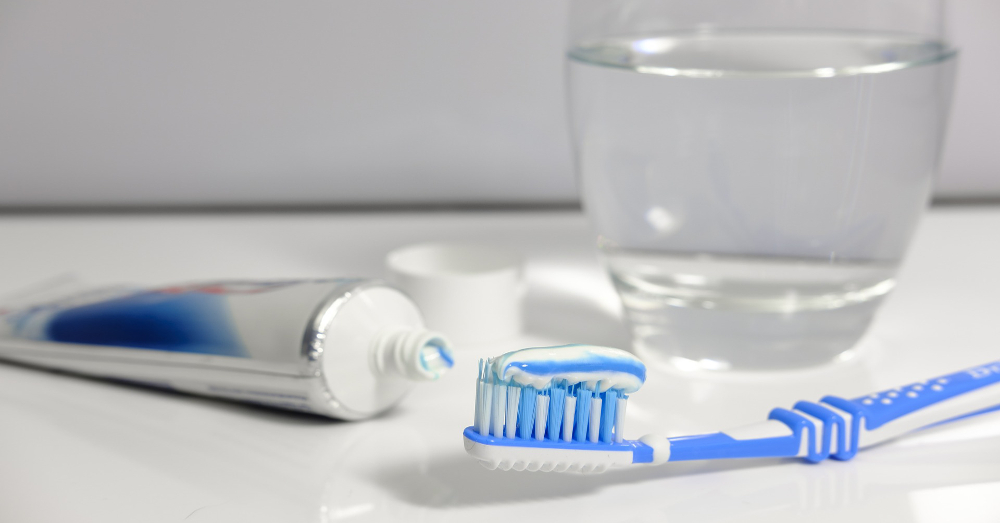
Common Antimicrobial in Toothpaste Linked to Inflammation and Cancer in the Gut
The antimicrobial chemical triclosan is in thousands of products that we use daily: hand soaps, toothpastes, body wash, kitchenware and even some toys. Work in our lab suggests that this compound may have widespread health risks, including aggravating inflammation in the gut and promoting the development of colon cancer by altering the gut microbiota, the community of microbes found in our intestines.
June 13, 2018 | Source: Truthout | by Haixia Yang
The antimicrobial chemical triclosan is in thousands of products that we use daily: hand soaps, toothpastes, body wash, kitchenware and even some toys. Work in our lab suggests that this compound may have widespread health risks, including aggravating inflammation in the gut and promoting the development of colon cancer by altering the gut microbiota, the community of microbes found in our intestines.
Our results, as far as we know, are the first to demonstrate that triclosan can promote the colonic inflammation and associated colon cancer in mice. This study suggests that health authorities must reassess regulation of triclosan for its effect on human health. That’s key because it is impossible to avoid contact with this chemical.
Triclosan is one of the most widely used antimicrobials and is incorporated in more than 2,000 consumer products. Millions of pounds of the chemical are used in the US each year. The National Health and Nutrition Examination Survey showed that triclosan was detected in about 75 percent of the urine samples of individuals tested in the United States and that it is among the top 10 pollutants found in US rivers.
